
Welcome back to Love Bytes! It’s great to see you here! I’m currently writing a novella for Bénédicte Girault to benefit the Trevor Project. The story is a romance and centers around underwater ruins. In performing research for the novella, I was sure to encounter the subject of Atlantis, the most famous of all mythical civilizations. In studying Atlantis, it was important to know what Atlantis is not. Last week, I wrote a brief recapitulation of how the myth of Atlantis has evolved in our culture since the Dialogues of Plato, Timaeus and Critias, were written in 360 BC. You can find this brief summary on Bike Book Reviews.
In this summary, I mention: “German businessman, Heinrich Schliemann, discovered the ruins of Troy by reading a literal translation of Homer. Homer’s works are fiction, but Schliemann’s discovery lends to the belief that all fiction is based in truth, some more than others. From that point forward, people believed Plato’s Dialogues to be deemed a reliable source to locate Atlantis.”
At best, Heinrich Schliemann was regarded as a business man and speculator; at worst, he was a ruthless con man. Yet, as an autodidact, he uncovered one of the greatest archaeological finds of the 19th century simply by interpreting a literal translation of Homer’s Iliad. Similarly, Frank Goddio, a French statistician, having no education in the area of archaeology, discovered the ancient Egyptian city of Heracleion in the Nile delta by analyzing versions of the myths of Heracleion by using his statistical skills.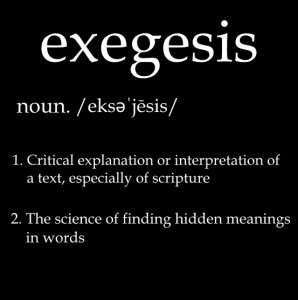
By using various forms of exegesis, and finding hidden meanings in the words of ancient texts—whether from textual or mathematical exegesis—autodidacts have made some of our greatest undersea archaeological finds.
When considering formal education, I ponder how teaching can condition our thinking—so much so as to limit our abilities in a chosen field—the very field in which we diligently studied to become experts. It is absolutely true that education broadens the horizons of the mind, teaches critical thinking, and provides a head start to success in the world. But it can also condition the imagination by imposing preconceived notions. As noted above, it is the imagination of autodidacts, those who lacked education in archaeology, those who asked What if? outside of the conventional archaeological box, who made some of the most significant archaeological finds in history.
I’m off to ignore my formal education and use my imagination! See you back here next month on Wednesday, August 17th, and thank you for reading my books!
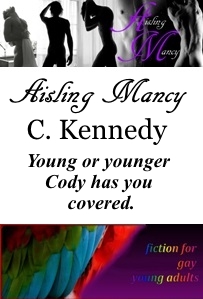 About Cody Kennedy (aka Aisling Mancy)
About Cody Kennedy (aka Aisling Mancy)
Cody is an author who lives, most of the time, on the West Coast of the United States. Cody, writes adult fantasy, science fiction, adult romance, and fiction for gay young adults as C. Kennedy.
Raised on the mean streets and back lots of Hollywood by a Yoda-look-alike grandfather, Cody doesn’t conform, doesn’t fit in, is epic awkward, and lives to perfect a deep-seated oppositional defiance disorder. In a constant state of fascination with the trivial, Cody contemplates such weighty questions as If time and space are curved, then where do all the straight people come from? When not writing, Cody can be found taming waves on western shores, pondering the nutritional value of sunsets, appreciating the much-maligned dandelion, unhooking guide ropes from stanchions, and marveling at all things ordinary.
Cody’s Facebook, Twitter @CodyKAuthor, Pinterest, Tumblr, Google+, Ello, Goodreads,
Medium, Booklikes, and read my free serial story, Fairy
Find Ash on blog, Twitter @AislingMancy, Facebook, Goodreads, Booklikes, Amazon
and Ash does respond to emails because, after all, it is all about you, the reader.
Pssst. Click on the captioned title of each book to read the first chapter!

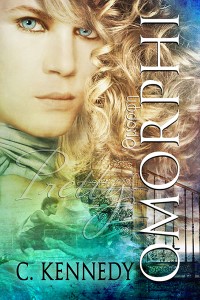
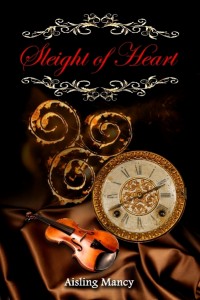
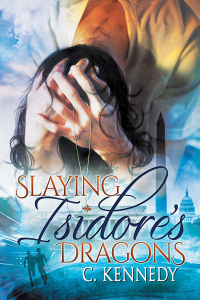
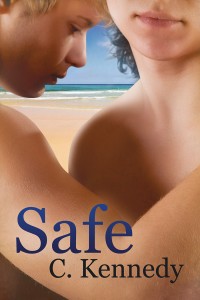
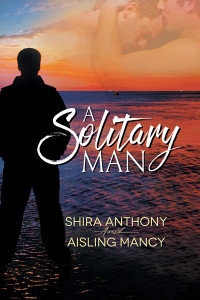


Hopefully by recognizing how limiting education can actually be, the mind will be freed to have original thought. Let the imagination soar!
Looking forward to this undersea adventure!
KerryP
Interesting blog post!